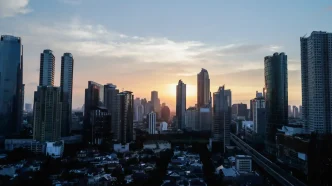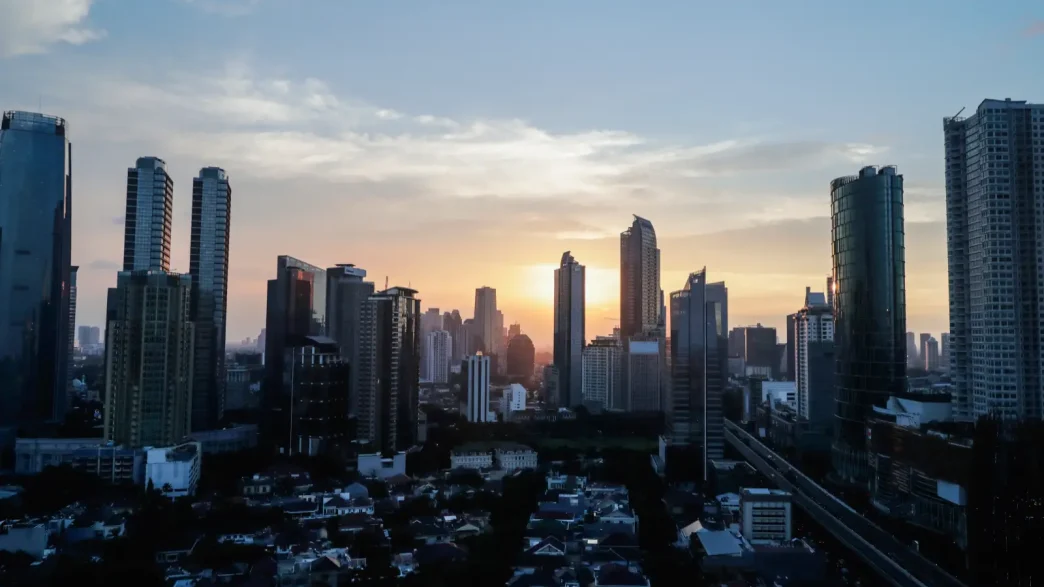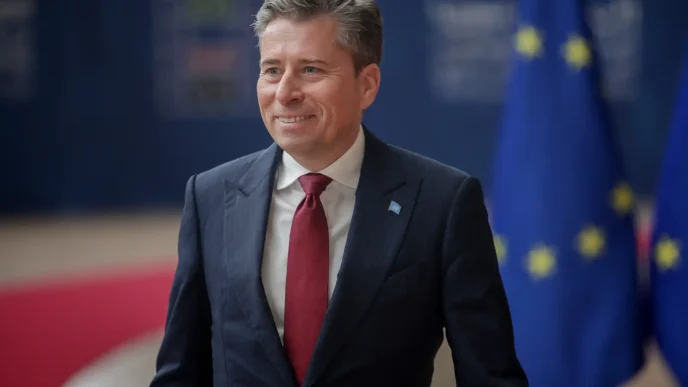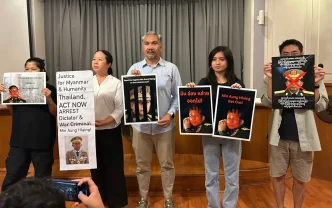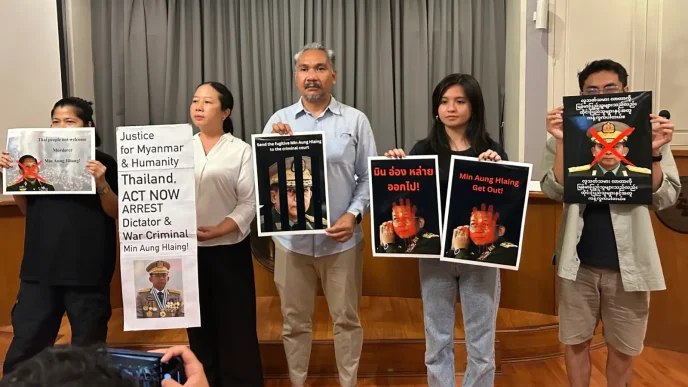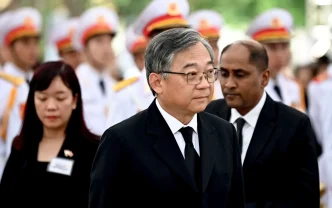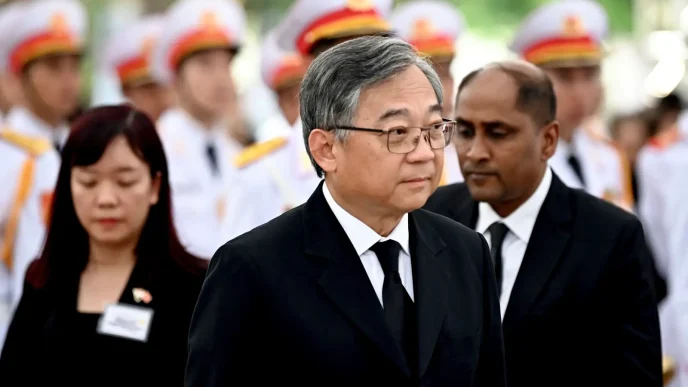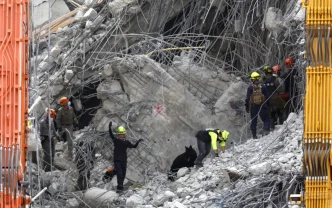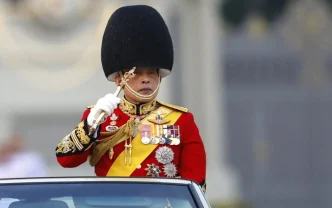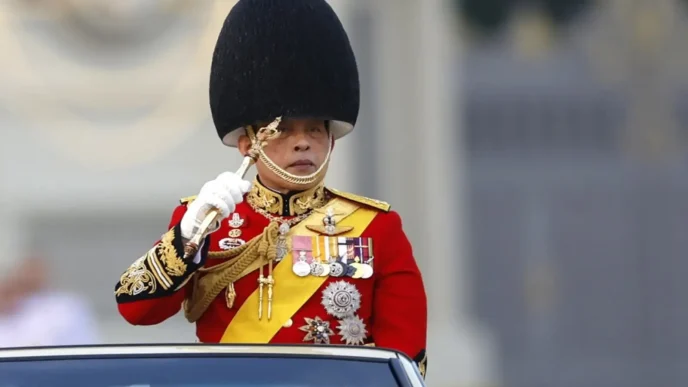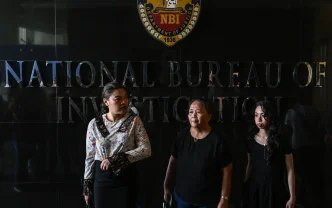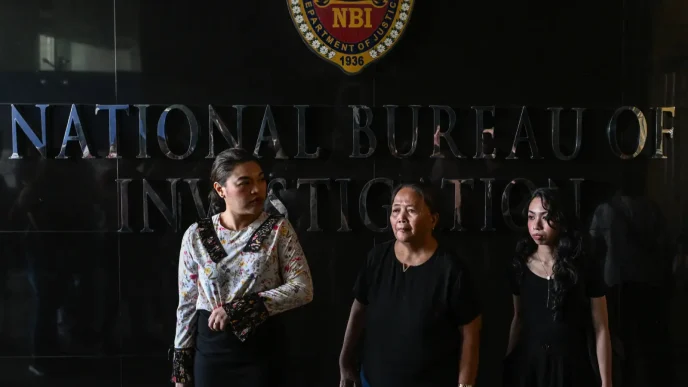Indonesian activists said the rule would limit press freedom. (EPA Images pic)
JAKARTA: Indonesian activists on Thursday decried a new regulation allowing police to monitor foreign journalists and researchers working in the country, a move they say would limit press freedom.
The new rule, issued on March 10 but recently published online, said a police letter is needed for foreigners doing their work “on certain locations”, though it does not specify which sites.
The National Police said the new rule was necessary to “maintain state sovereignty over Indonesian territory and to provide protection for foreigners in Indonesian territory”.
But, the executive director of an advocacy group Legal Aid Institute for the Press said on Thursday it could make it more difficult for people doing journalism or research work in Indonesia.
“There is a potential for all activities for foreign journalists or researchers to be considered illegal when they do not have the letter,” Mustafa Layong told AFP.
He added that “there is no authority from the police to grant permits for journalistic or research activities”.
Andreas Harsono of Human Rights Watch also slammed the regulation, saying it would further limit press freedom and restrict information on sensitive topics about Indonesia.
“In Indonesia, I think there will be many things that will be hidden, probably palm oil, oppression of sexual, gender, religious minorities,” Andreas told AFP.
“It will make Indonesia become more underreported.”
National Police spokesman Sandi Nugroho reiterated that the new regulation was “to provide services and protections to foreign citizens”, including those working in “conflict-prone areas”.
He added that the police letter was “not mandatory”.
“Foreign journalists can still carry out their duties in Indonesia as long as they do not violate prevailing laws and regulations,” he said in a statement.
Activists in Indonesia last month sounded the alarm for the protection of press freedom, after Tempo magazine – a local publication that has been critical of President Prabowo Subianto’s policies – was sent a pig’s head and decapitated rats.
In 2020, Indonesia deported American journalist Philip Jacobson over an alleged visa violation after he attended a hearing in Borneo involving local parliament and an indigenous rights advocacy group.
Two years later, Jakarta banned five foreign academics who opposed an official claim that orangutan numbers were increasing – which drew condemnation from NGOs accusing the government of stymieing research.
